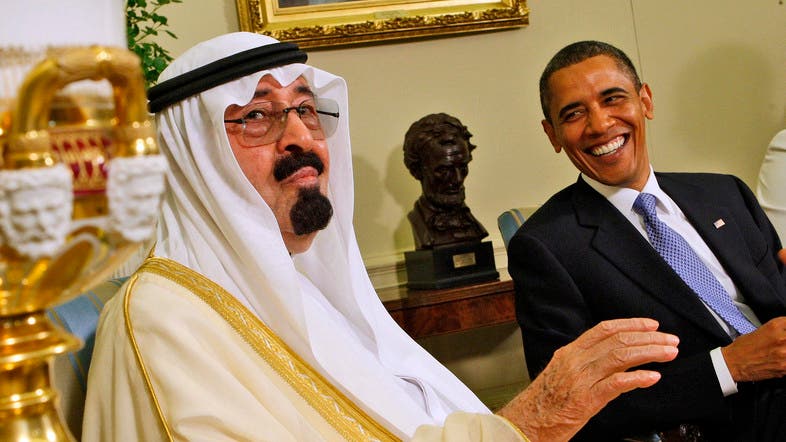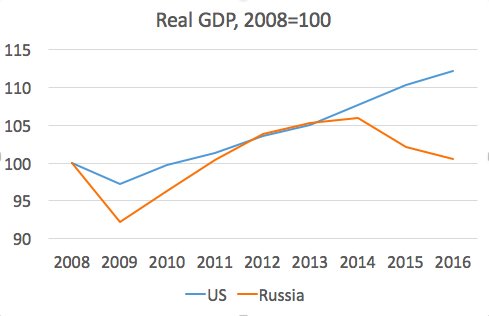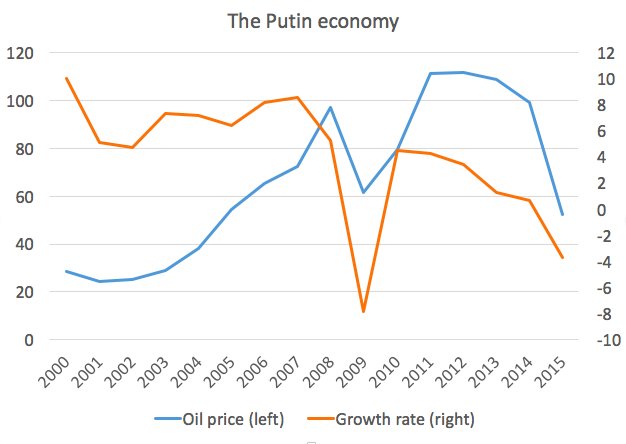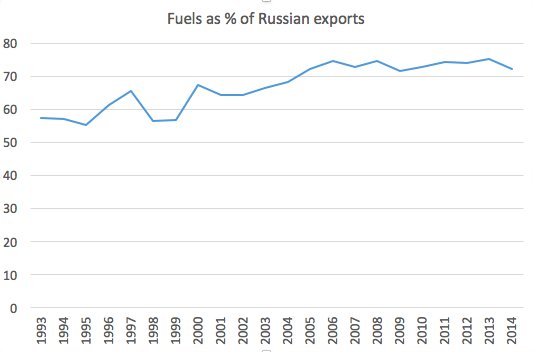 |
| The Realpolitik of Barack Obama: We can win against Russia without firing a shot, at the expense of the Yemeni Shiite rebels. |
And what's the name of the game? Oil prices. We accept that the "enemy of my enemy is my friend" in regards to Saudi Arabia, and we 1) don't challenge the Saudis on their horrible domestic human rights record, and 2) let them have at the Houthi (Shiite) rebels in Yemen, which they've treated quite brutally.
The Realpolitik aspect of this appears uglier than it really is because how could we get the Saudis to change, anyway? Invade them? Act openly hostile to them and thus encourage them to raise oil prices in return? I suppose we could refuse to sell them jets, but that would just drive them to get MiGs from Russia. (Putin would love that and get higher oil prices in return. Snap!)
So we play footsies with Saudi kings.
It's similar to the devil's bargain we made with Egypt. We have been giving them military aid ever since the Camp David Accords that led Egypt to cease hostilities against Israel, an agreement that has remained largely inviolate to this day, even after the tumult of Tahrir Square and later events, first under the Muslim Brotherhood and then under the imposition of military rule. Egypt, with its gross violations of human rights, still receives military aid because they do our bidding on Israel's southern border.
Should we cut off aid to Egypt because they're not model citizens, risking a new conflagration? What American leader would want that? And what would we gain?
So, what happens to Russia? I showed this chart a few days ago:
Putin paid a price for his shenanigans in Ukraine and Crimea, even if the "optics" allow Republicans to say Obama is weak. For his part, Obama knows he's playing a winning hand against a corrupt and failing petrostate. Legacies are built on history, not hysteria.
Now compare the above to the effect of lower oil prices on Putin's Russia:
When oil's the game, Russia's fortunes will track oil prices. In the end, there's more benefits than suppressing Russia. Low energy prices help the world economy, at a time when there's little political will to use other means. Feel the extra dollars in your wallet? Me too.
Take a look at what constitutes a petrostate:
As fuel costs rise and fall, so do Russia's fortunes. Donald Trump may be having a bromance with Vladimir Putin, but the reality is that Barack Obama's been undermining Putin for years. Sure, Russia can annex Crimea, but at a cost to all else in Putin's domain. Putin can perpetrate his mischief in Syria to prop up Assad, but someone's paying for all that military equipment and ordinance. The U.S., sadly, can afford our pugilistic ways. In an era of crashing fuel prices, Russia cannot.
So what happens? Just yesterday, a cease-fire agreement was agreed to between the U.S and Russia in Syria, with the apparent approval of the Assad regime. If this succeeds, not only do we get true humanitarian aid into the decimated cities in the north, but we also bring it big time to ISIS, which, between joint U.S. and Russian air power and Turkish troops on the ground, run the risk of getting crushed and crushed quickly. So pray for that cease fire, slated to begin tomorrow, to hold.
Finally, consider this: No matter how much Donald Trump seeks to pump up Vladimir Putin, Putin still sits atop an ever-shrinking failed petrostate, with a GDP that falls into 14th place, just below Spain and Australia and barely above Mexico and Indonesia (source: IMF).
When was the last time you considered Mexico a superpower? Enough said.
(All charts courtesy Paul Krugman.)




No comments:
Post a Comment